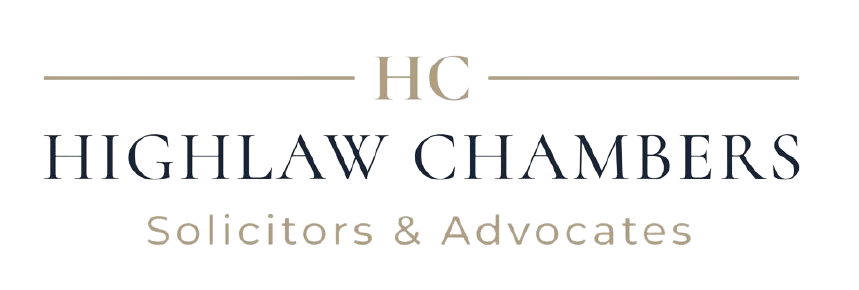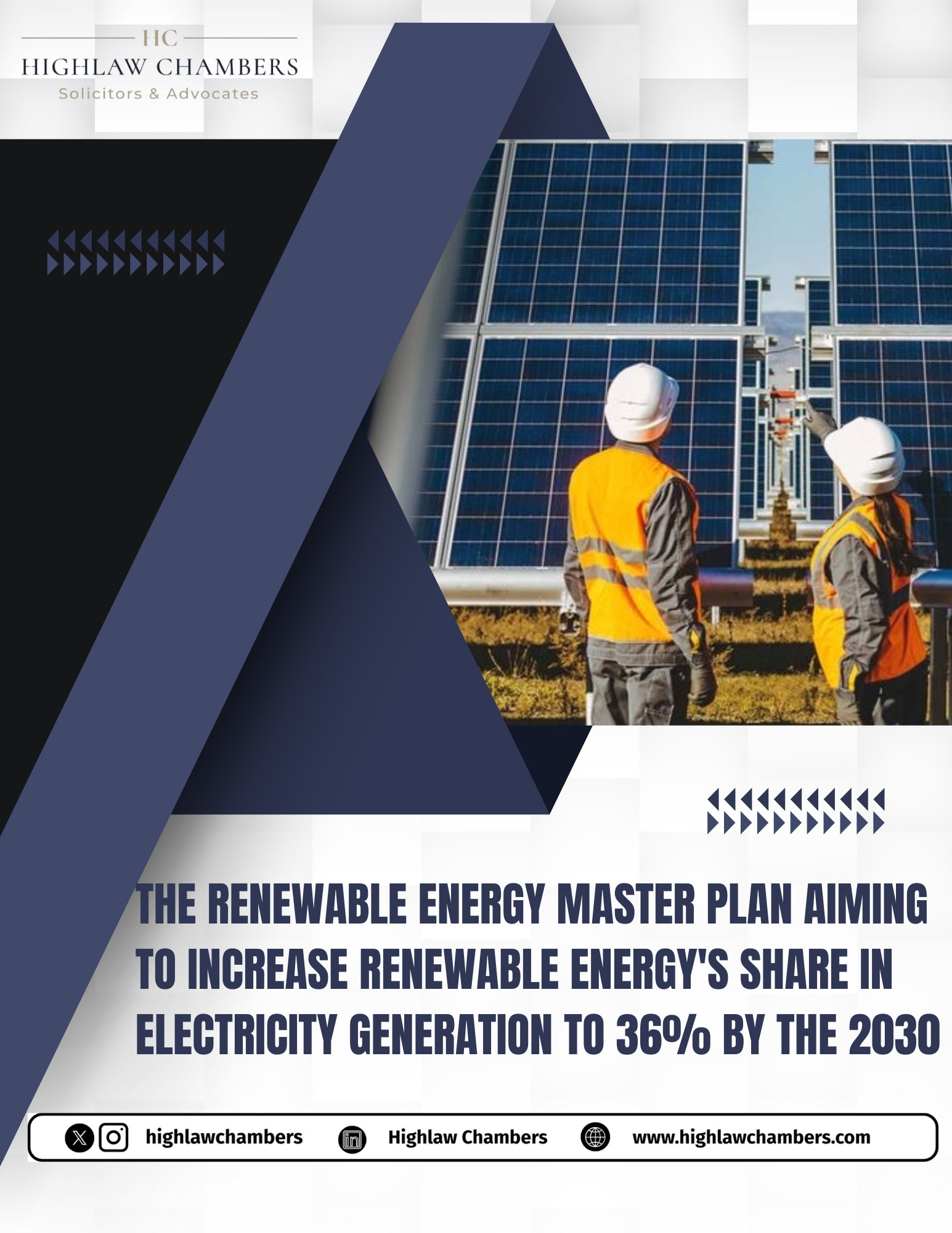TOPIC: THE RENEWABLE ENERGY MASTER PLAN AIMING TO INCREASE RENEWABLE ENERGY’S SHARE IN ELECTRICITY GENERATION TO 36% BY 20230.
1.1 INTRODUCTION
Nigeria Renewable Energy Master Plan (REMP) not only emphasizes Nigeria’s visions, it also sets out a defined strategy for increasing the role and use of renewable energy in order to achieve sustainable development in Nigeria. Nigeria envisions a nation driven increasingly by the growth of renewable energy. The country intends to adequately make use of renewable energy in large quantities and at prices that will promote the achievement of equitable and sustainable growth.1 The Renewable Energy Master Plan (REMP) seeks to increase the supply of renewable electricity from 13% of total electricity generation in 2015 to 23% in 2025 and 36% by 2030. Renewable electricity would then account for 10% of Nigerian total energy consumption by 2025.2
1.2 GOALS, STRATEGIES AND OBJECTIVES ON HOW TO ACHIEVE THE RENEWABLE ENERGY MASTER PLAN IN ELECTRICITY GENERATION
- The use of technologies such as battery storage systems allow energy from renewables, like solar and wind to increase energy system flexibility due to their unique capability to quickly absorb, hold and re-inject electricity.3
- The improvement in global access to components and raw materials will significantly increase international coordination and expand diversity in the manufacturing capacity globally. This includes people’s skills training, research and innovation, as well as incentives to build supply chains through sustainable practices that will protect the ecosystems.
- Level the playing field for renewable energy technologies. Although technology, capacity and funds for renewable energy transition exist, but there needs to be the implementation of policies and processes in order to reduce the market risk to enable and incentivize investments
- The shifting from the use of fossil fuels to generate energy to the use of sustainable renewable energy.4
- Encouraging of private sector investment and participation
- Enhance energy efficiency and conservation
1.3 CHALLENGES AND RISKS
- ECONOMICAL AND FINANCIAL CHALLENGES (HIGH UPFRONT COSTS, E.T.C.): Financing is a crucial part of the development of a functioning renewable energy system. Among all financial factors , there are several potential barriers and they include economic viability, high cost of capital, high up-front capital costs for investors, etc.
- INSTITUTIONAL CHALLENGES : The institutional background of a country can either highly incentivize investors in investing somewhere or quickly push them away.
- TECHNICAL CHALLENGES : The lack of skilled personnel and training facilities, lack of O&M facilities, lack of entrepreneurs, lack of standard and codes, low reliability of products and system constraints and incompetent technical professionals as well as lack of training institutes can prevent renewable energy technologies from scaling new heights, etc.
1.4 RECOMMENDATIONS
- The government should make national plans and strategies for the adoption of renewable energy targets .
- Policies and regulatory frameworks should prioritize renewable energy sources instead of conventional energy .
- There is a need to educate the masses about the harms and disadvantages of traditional energy sources and make them aware of the benefits of sustainable energy sources.
- By building human and institutional capacity, setting up research and development infrastructure, creates an enabling environment for investments and promoting renewable energy target.5
- RENEWABLE ENERGY MASTER PLAN FINAL DRAFT REPORT NOVEMBER 2005.
https://www.iceednigeria.org/resources/nov.-2005.pdf accessed on the 18th of march, 2025 ↩︎ - Nigeria Renewable Energy Master Plan https://www.iea.org/policies/4974-nigeria-renewable-energy master-plan accessed on the 17th of march,2025. ↩︎
- Nigeria Renewable Energy Master Plan https://www.iea.org/policies/4974-nigeria-renewable-energy master-plan accessed on the 17th of march,2025. ↩︎
- ibid ↩︎
- Barriers to Renewable Energy Development in Nigeria and how to overcome them Copenhagen Business School Master’s Thesis – MSc Economics and Business Administration (Accounting, Strategy and Control) Submission date: 17 May 2021 Authors: Rosario Montella -133844 Vera Domenica Giustino – 133384. https://research-api.cbs.dk/ws/portalfiles/portal/68333846/1113099_Final_project_S133844_S133384.pdf ↩︎


